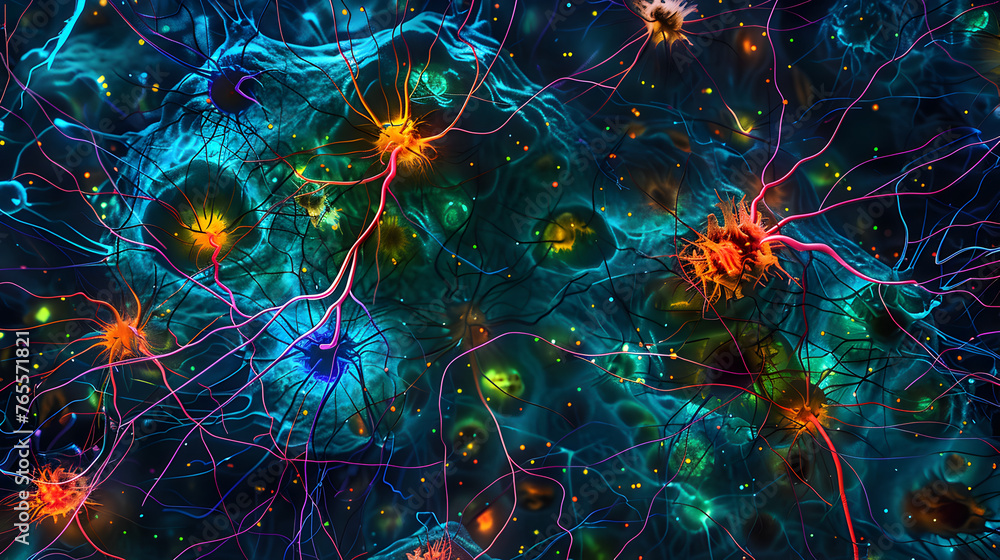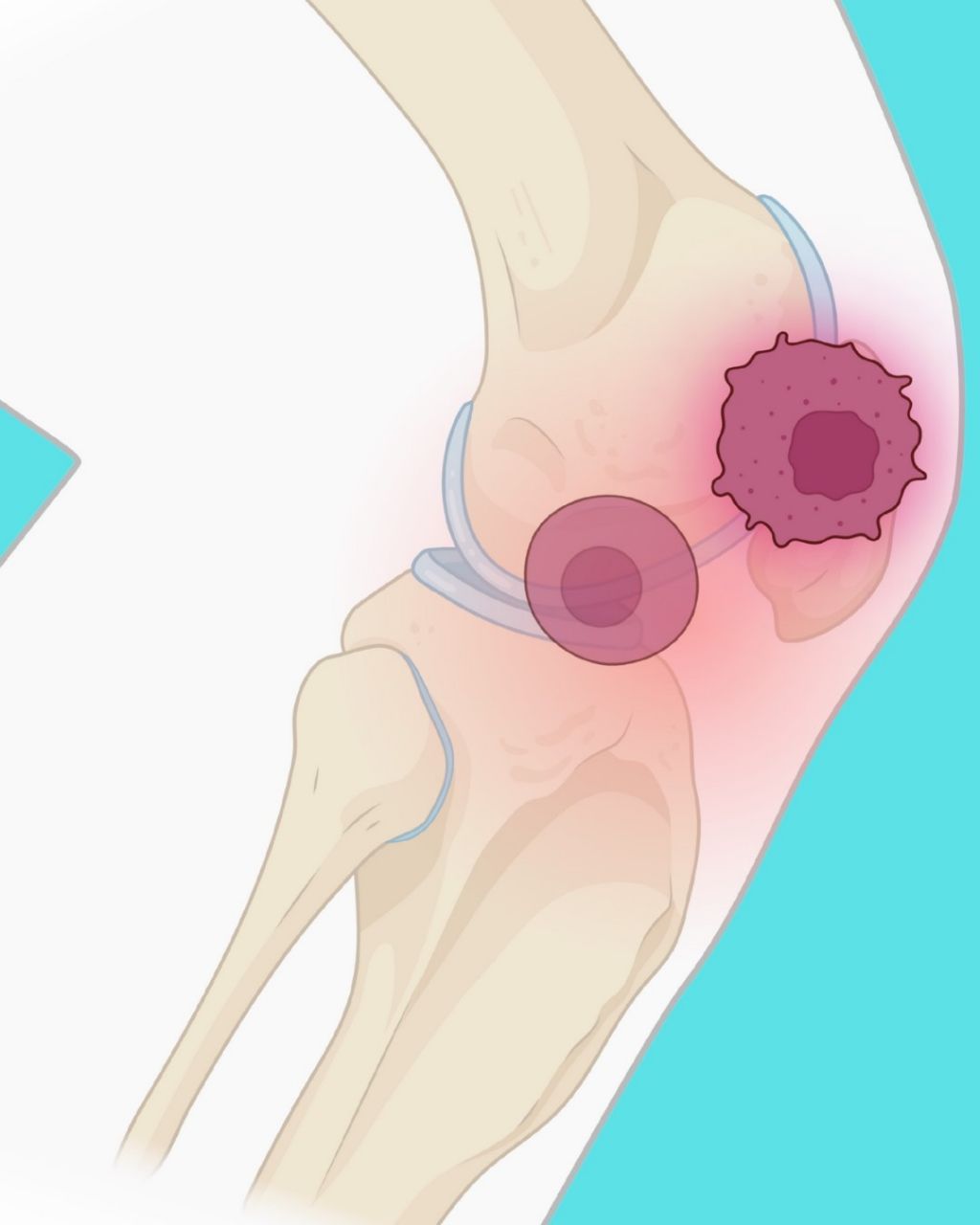Research
CLP is the nation’s premier incubator for protein science and precision medicine.
CLP’s chemists, biologists, engineers, physicists and clinicians collaborate closely to uncover the connection between genes and disease through the lens of protein chemistry, biology, engineering and technology development. An internationally recognized leader in the burgeoning field of proteomics, CLP is pioneering new ways to identify and measure proteins and their various forms (proteoforms) to pinpoint and target the root cause of disease.
Research Programs
Over the next five years, CLP will work to uncover the protein science behind cancer and neurodegenerative diseases, such as ALS, Alzheimer’s, and Parkinson’s, and apply that knowledge to new treatments and diagnostics that can turn
the tide on these diseases. Protein data produced by the Institute will increase understanding of protein structure and function, sharpen the specificity of therapeutic targets, and provide new biomarkers to support disease staging
and drug development.
convergence research initiatives
CLP has developed a series of Convergence Research Initiatives, which bring together teams of Northwestern chemists, life scientists, and engineers, with clinicians in Northwestern’s Feinberg School of Medicine (FSM) to provide a holistic approach to critical clinical problems that stretch from the lab bench to the patient bedside.
IMPACT
CLP is a leading advocate for the Human Proteoform Project, a 10-year, $3 billion global initiative to map all proteins in the human body. Like the Human Genome Project mapping of genes, the Human Proteoform Project will map human proteins and create a dynamic atlas of the many different forms of protein molecules (proteoforms) in organs, tissues and blood, and advance technology to simplify analyses and reduce cost.

Proteomics Center of Excellence
Proteomics is poised to become the next genomics by 2030. CLP houses the premier center for proteomics under the leadership of Neil Kelleher. Leveraging an unsurpassed capability to analyze proteins, the Institute is ready to launch the next era of precision medicine by discovering the changes in proteoforms that cause disease, creating sensitive diagnostics to catch disease early and prevent organ damage, and identifying new, proteoform-enabled targets for drug development and delivery.

Resources for Drug Discovery and Development
From cutting-edge nanoscale imaging platforms to sophisticated computational modeling of drug target interactions, CLP core facilities offer a deep bench of tools for discovery, analysis, and visualization. These technologies make possible steady progress in the understanding of the molecular underpinnings of cancer, neurological disorders, cardiac disease and more.
nature methods
Inside the chase after those elusive proteoforms
Human cells contain crowds of protein variants, but, especially in a time of funding challenges, chasing these proteoforms takes dogged persistence.






